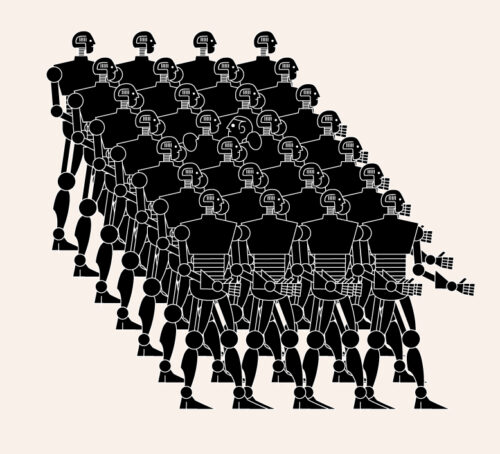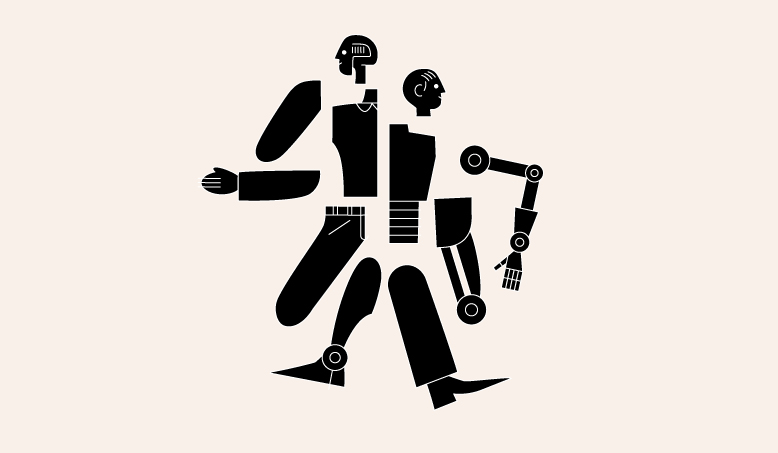Hult Alumni Magazine 2020: Hopes & Fears in the Age of Automation
By Dr. Carina Paine Schofield, Senior Research Fellow, Hult International Business School. As featured in Hult Alumni Magazine 2020: read the full publication online now.
There is no escaping the AI revolution. Amid the fourth industrial revolution and industry 4.0, technological developments have enabled AI systems to perform many of the skills traditionally reserved for humans.
Over the coming years technological advancement will affect all sectors of the workforce, and humans will face a new competitor when it comes to seeking employment. Robots do not need downtime or leadership: they are completely loyal to their employers, generating relentless and consistent output.
The impact of this level of technology on employment has been predicted by many, with the message alternating from quite alarmist and pessimistic (“the machines will take all of the jobs”) to the more cautious and optimistic (“new jobs will emerge”). The truth is somewhere in between these two extremes.


A recent Hult research project, “Visions of the Future: Hopes and Fears in an Age of Automation,” by me, Stefania Cassar, and Grace Brown, studied the views of around 400 undergraduate students across the UK and US to explore their visions of their futures; their hopes and fears and how they plan to prepare themselves for the coming changes. These students occupy a unique place in history. They are about to enter a workplace that will be transformed by emerging technologies, yet have been educated in a system which is only just beginning to wake up to the implications of automation for the workforce: studying in mostly traditional classrooms and following largely conservative curricula that have arguably not prepared them for this future.
The key findings from this research revealed that all the students felt that AI and automation would impact their careers to some degree. They expressed a mixture of confidence and anxiety about their future in a workplace dominated by AI. However, most felt unprepared for this future and this contributed to a sense of fearfulness. Some students described how universities need to adapt to remain relevant for the future of work and how it is the responsibility of the educational institutes to prepare them. At the same time, many students also described how it was they own responsibility to prepare themselves to adapt to changes and to remain relevant.
Whatever happens, one thing is certain: AI is definitely changing the types of jobs and careers available. As the world of work changes so too do the required skills of the graduate. The question remains though, whose role is it to prepare future workers for this rapidly evolving job market? Educators? Organizations? Individuals? All three?
We are continuing to explore these roles, focusing now on the perceptions of HR and organisations, in order to prepare the employees and employers of the future.


Read more from Dr. Paine Schofield on this topic here.


